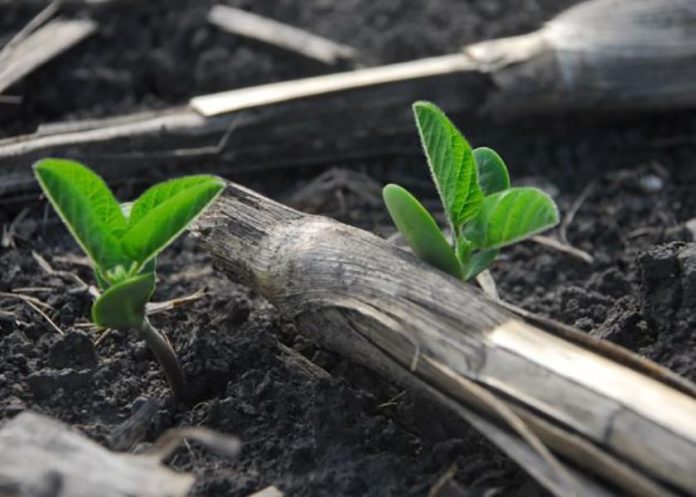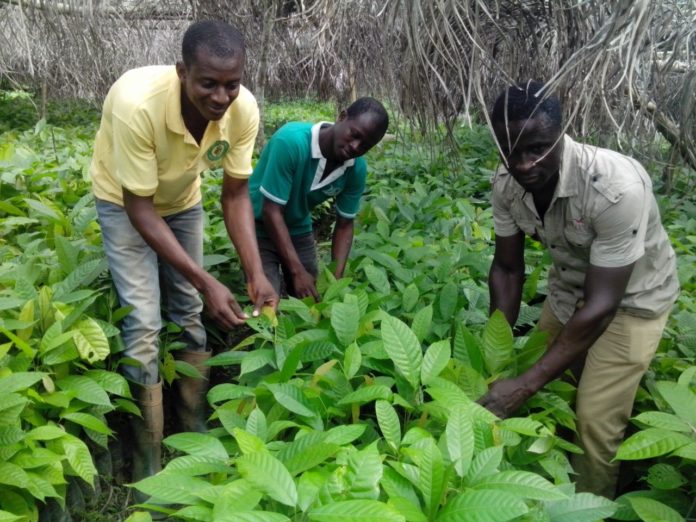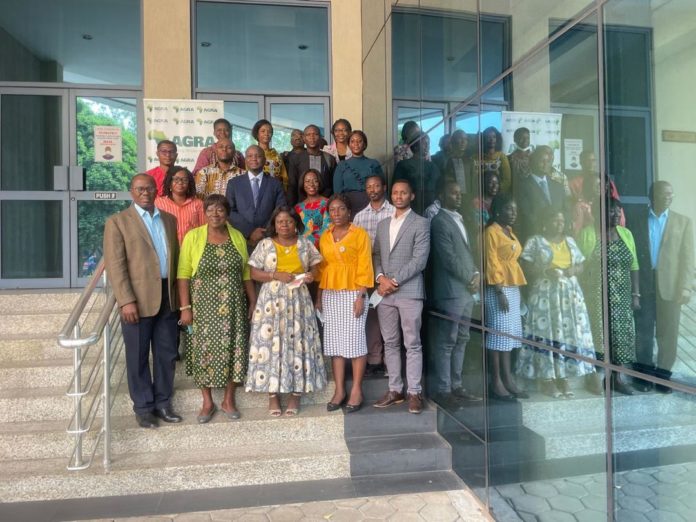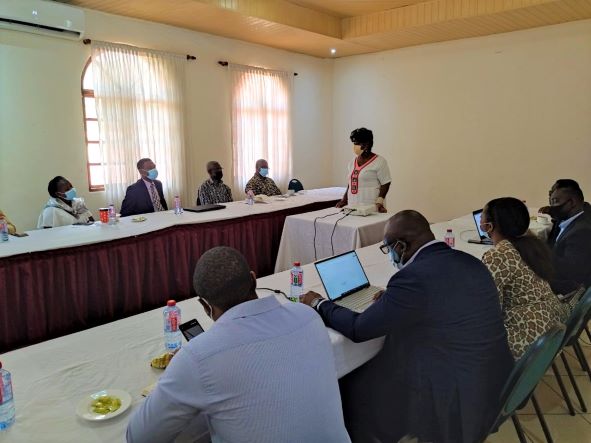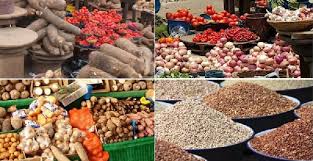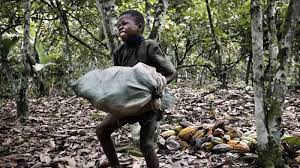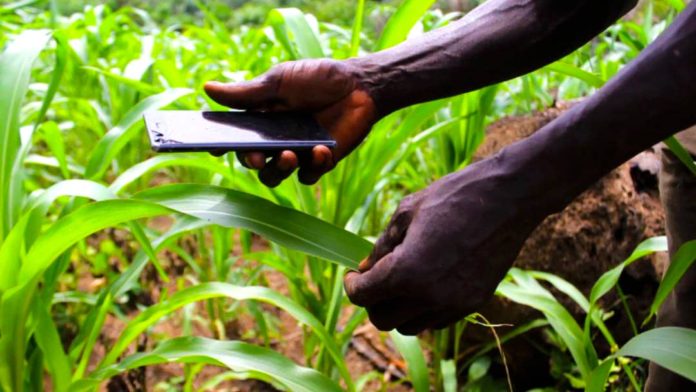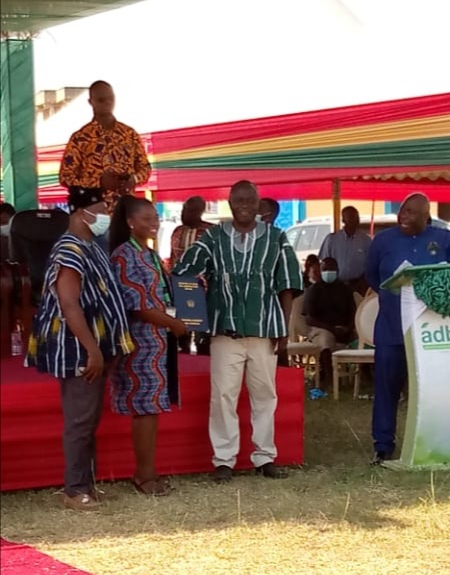To reach maximum yields, it is important to know where to start from, and how to start it. With that in mind, this is how one can maximize soybean yield today to reach the next level.
Price hikes of Agro-inputs are dwindling the interest of the youth in agriculture.
Prices of agro-inputs have skyrocketed in recent months now. This has been a big blow to the farmers in Ghana, especially to the smallholder farmers and the youth.
AGRA, Stakeholders call for cooperation to strengthen food security in Ghana.
The fate of the world’s wealthiest and poorest nations are interconnected, and eradicating poverty and hunger will be impossible without urgent and focused cooperation efforts among countries directed at long-term development. Stakeholders declared this at the meeting on the theme: Validation of Ghana Food System Dialogues and Landscape Diagnostic Analytics at Accra.
Do not do panic buy, consumers advised.
The Chief Executive Officer of ASPASSION Farms, Farmer Robben Asare is advising consumers to stop panic buying as it is gradually becoming the order of the day in most markets across the country.
AGRA, MoFA, and the Private Enterprise Federation (PEF) partnered to enhance agribusiness operations.
The Ministry of Food and Agriculture and Private Enterprise Federation (PEF) through the support of the Alliance for a Green Revolution in Africa (AGRA) have implemented a project which seeks to operate the Country Agribusiness Partnership Framework (CAP-F) in Ghana.
Ghana, Nigeria, and other African countries are most likely to experience worsened food insecurity as food inflation soars -IMF.
Food inflation could continue to rise in the region, especially if ‘inflation expectations become de-anchored’.
Rising crude oil prices and weather conditions are among the factors driving food inflation in sub-Saharan Africa.
Food accounts for up to 40% of the consumption basket in sub-Saharan Africa.
The International Monetary Fund (IMF) recently published a report detailing food inflation trends in sub-Saharan Africa.
According to findings by the multilateral lender, food prices are increasingly driving inflation across the region and the situation is proving to be ‘hopeless’.
As you may well know, food items make up around 40% of the consumption basket in sub-Saharan Africa. This explains why high food prices directly impact inflation rates in the region.
Using available data obtained from some countries in SSA, the IMF found that between 2019 and late 2021, there was a significant increase in inflation-linked directly to higher food prices.
“Food inflation increased throughout 2019, on average, across 20 countries in the region where monthly food price data are available. After remaining stable around 9 percent (year over year) since the beginning of the pandemic, food inflation started to rise again from April this year to some 11 percent in October. The chart below shows how food inflation is outpacing and contributing to the pick-up in overall consumer price inflation in sub-Saharan Africa, which rose to about 9 percent in October, up from around 6 percent in 2019,” said a part of the report which was seen by Business Insider Africa.
Meanwhile, the IMF also identified some of the factors driving food inflation to include the following:
o Rising oil prices which raise fertiliser and transportation costs.
o Weather conditions such as drought which is a serious problem in some African countries.
o Export restrictions imposed by some major food exporters; stockpiling.
o The pandemic disrupted seed production and caused labour shortages.
o The report also found that certain domestic factors such as weather and exchange rates contribute to food inflation in the region.
In terms of outlook, the IMF expressed uncertainty. Apparently, there is a possibility that food inflation could moderate if the pandemic-induced global supply chain disruptions are resolved and commodity prices ease up. Otherwise, food inflation could continue to rise, especially if ‘inflation expectations become de-anchored’.
The report concluded by noting that high food inflation could potentially worsen the food insecurity already being faced by most countries in sub-Saharan Africa. And as always, this will disproportionately affect the poorest of the poor in these countries. The IMF also recommended a number of solutions towards addressing the problem, including social assistance, access to finance for farmers, dismantling trade barriers, provision of improved seeds, insecticides, and fertilisers, etc.
Nestle proposes to pay African cocoa farmers to keep their kids in school.
Leading global food manufacturer, Nestle S.A, has expressed its readiness to pay cocoa farmers in West Africa and elsewhere to keep their children in school instead of using them as child labourers.
R. A introduces an App to monitor deforestation in the Sui River Landscape in Western North Region.
As part of the efforts to help address challenges hampering the cocoa and forestry sectors in the country, Rainforest Alliance has introduced Forest Watcher Mobile App to help build climate resilience, conserve biodiversity and reduce emissions from land-use changes in the Sui River landscape.
The special agro-industrial processing zones program will be a game-changer – Adesina.
African Development Bank President, Dr. Akinwumi Adesina, has reiterated that the special agro-industrial processing zones program that will soon get underway in seven states in Nigeria will be game-changers for agriculture in the country.
Marian Ofori Twumasi was adjudged the Best Youth Farmer at the National Best Farmer’s awards 2021.
Marian Ofori Twumasi, the CEO Mariseth Farms, has received the distinction of National Best Youth Farmer in December 2021.

